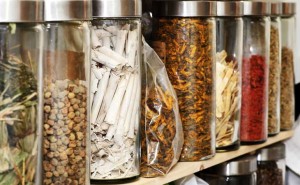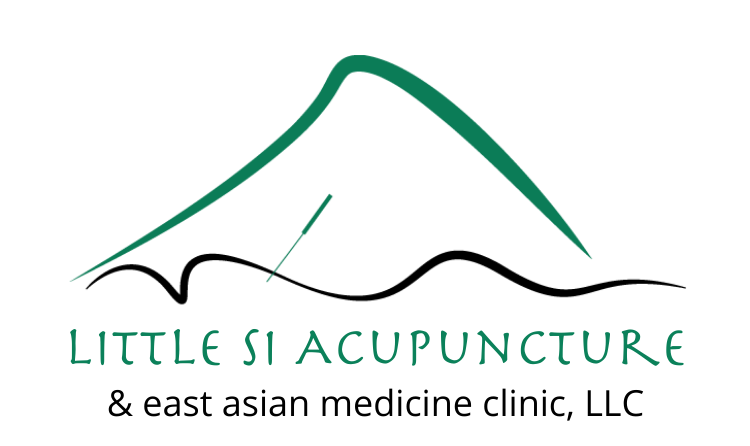Interested in Chinese herbal medicine, but hesitant about safety?
Debbie Yu, MS, L.Ac, DAOM Candidate 2017
 Chinese herbal medicine (CHM) has received some bad reputation for dangerous side effects in the past. However, they were being abused, for conditions like weight loss. When properly prescribed by a trained herbalist, Chinese herbs are very safe and should have no side effects.
Chinese herbal medicine (CHM) has received some bad reputation for dangerous side effects in the past. However, they were being abused, for conditions like weight loss. When properly prescribed by a trained herbalist, Chinese herbs are very safe and should have no side effects.
Many U.S. companies use well regulated herbs, that though originate from China, go through extensive testing in house and by 3rd parties to test for heavy metals and other contaminants. At Alpine, we primarily carry Evergreen Brand herbs, family owned by a line of dual pharmacists/acupuncturists. Check their website out for more questions and answers: www.evherbs.com.

Many conventional doctors know very little about Chinese medicine and herbs, and therefore do not recommend it. Their knowledge may be outdated by the articles that highlighted the adverse effects (again, from abuse, or from untrained practitioners).
Chinese herbs are time-tested, well beyond any Western pharmaceutical. Toxic herbs are known and documented, and are either used in conservative amounts, cooked overtime to reduce toxicity, cooked with another herb that reduces its toxicity, or simply not used at all.
A big difference between herbal medicine and biomedical pharmaceuticals is that in herbal medicine, whole herbs are used, and in pharmaceuticals, the extracted active constituent is used and multiplied. Nature has its own way of balancing. It’s no wonder herbal medicine (when used properly) leads to little side effects, whereas its counterpart has an overwhelming list of adverse reactions.
A main difference between Western herbal medicine and Chinese herbal medicine is that with Western herbs, you will often be prescribed just one or two herbs separately, for example, a tincture of licorice.
In Chinese medicine, ancient “formulas” are used and modified based on individual constitution. An average formula consists of 4-12 herbs, intricately formulated and balanced. There is a chief herb(s) that has the greatest effect in treating the principle pattern or disharmony. There is a deputy herb(s) that aids the chief in treating the principal pattern; it may also treat the co-existing pattern. Next, is the assistant herb(s) that balances out any harsh effects of the chief or deputy. Lastly, there is an envoy herb that guides the entire formula to the targeted channel, organ, or part of body. It also harmonizes and integrates all the ingredients of the formula.
Summary of differences between Chinese herbal medicine and western pharmaceuticals and Western herbal medicine
| Chinese Herbal Medicine | Western (Pharmaceuticals & Herbs) |
|
|
|
|
|
|
|
|

Leave a Reply